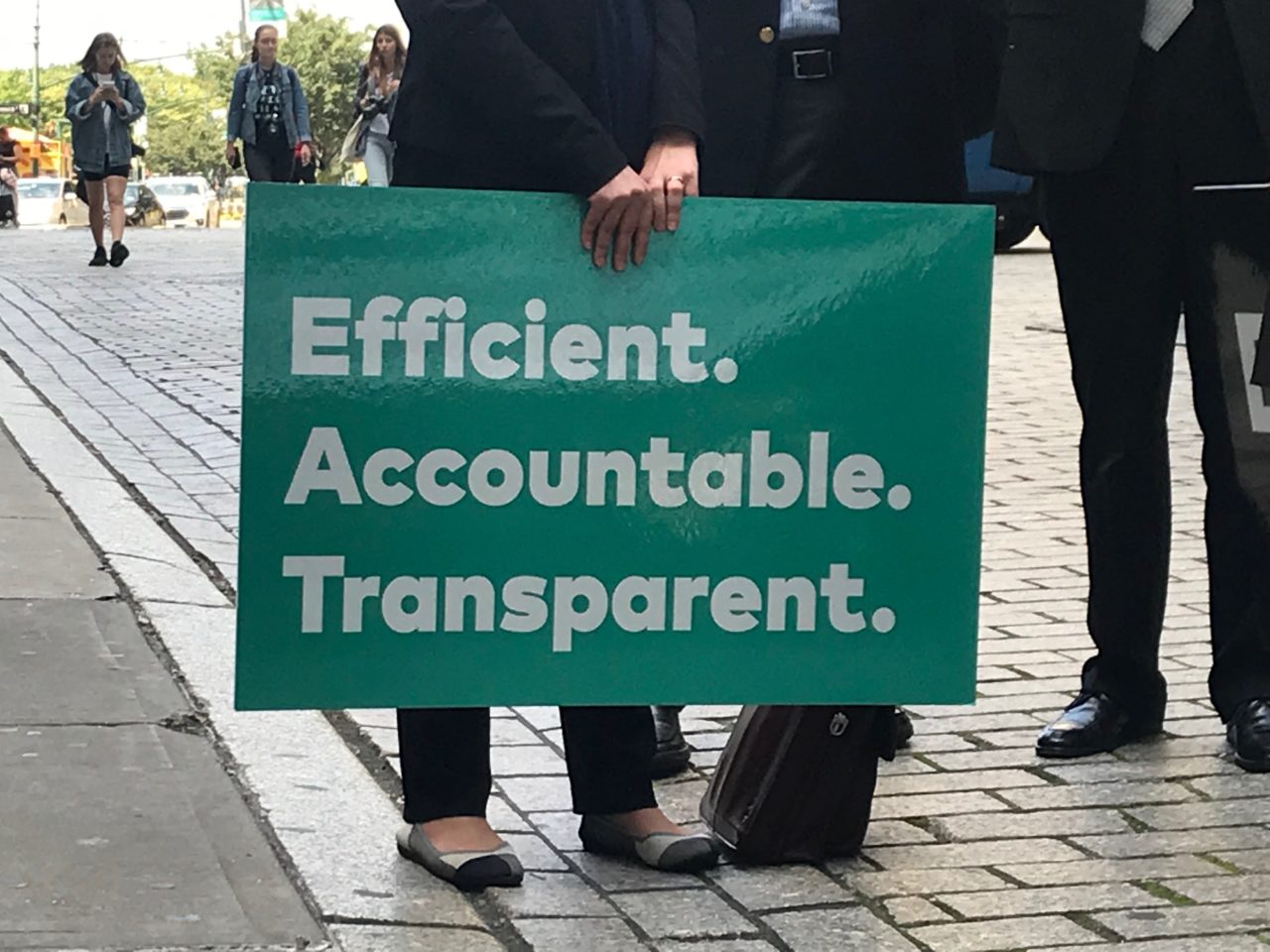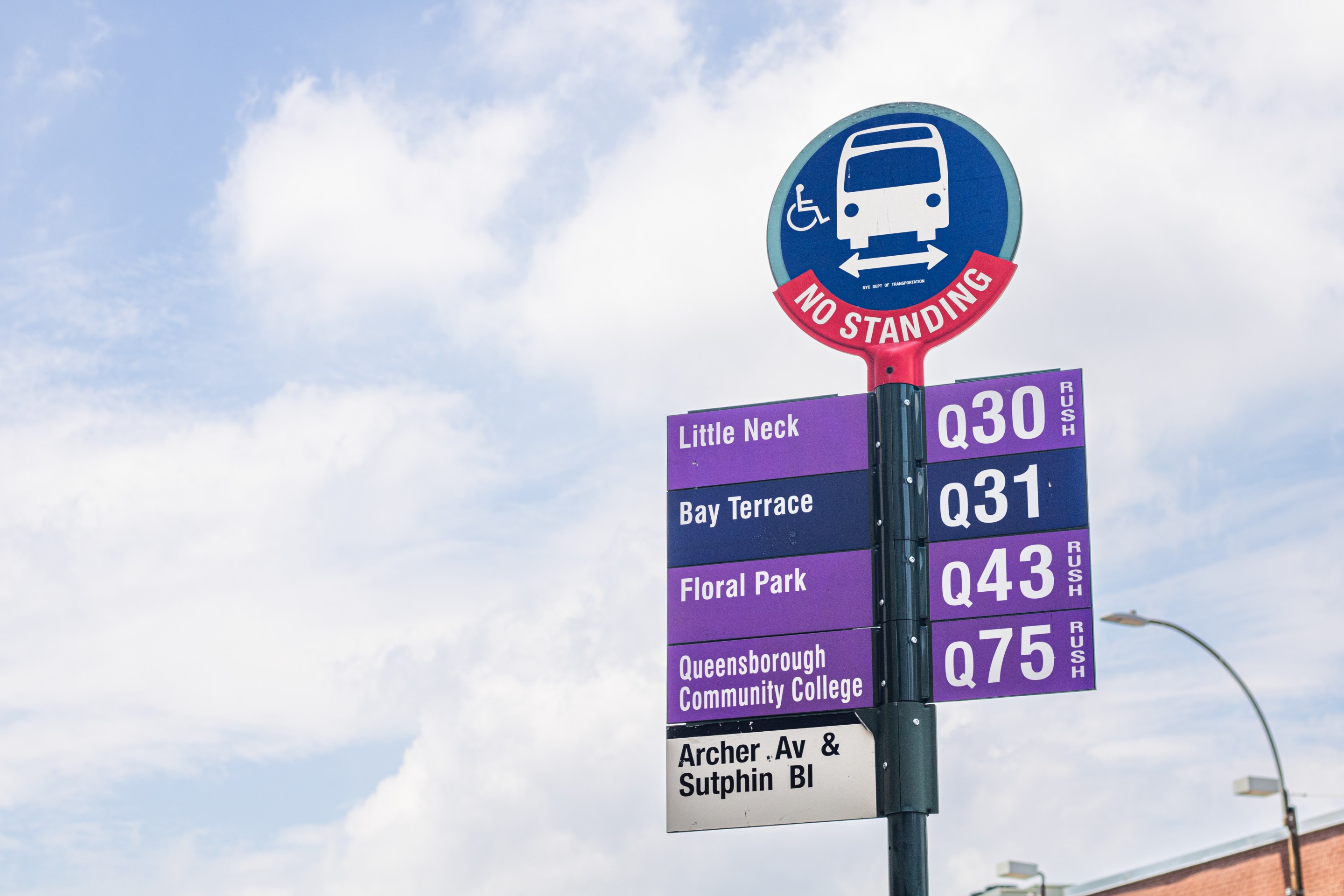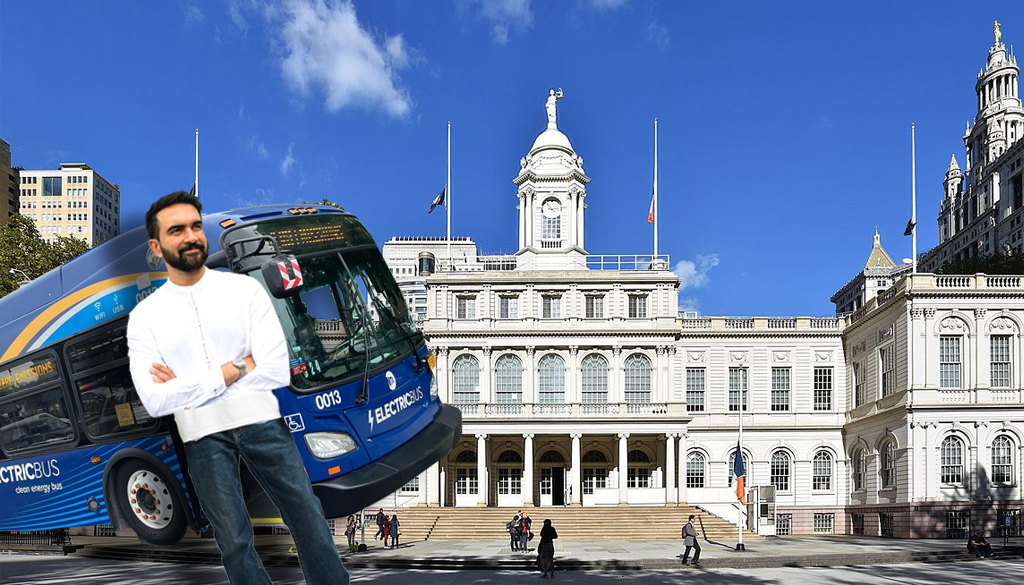A Metropolitan Transportation Authority board member said yesterday that, lacking a draft capital plan, the board may not be able to vote on funding for the authority when it meets in late September.
"To this day, we still have not seen a draft of the proposed capital program," MTA Board member Veronica Vanterpool told reporters on Monday afternoon. "And it's not clear whether or not we will be voting" — as the board is required to do by statute. The 2015-2019 capital plan came in at a record $32 billion, a mark that may be eclipsed by the rumored $50 billion cost for the 2020-2024 plan.
The MTA has still not come close to finishing work on the 2015-19 capital plan, but a delay on the upcoming plan will only serve to push back necessary system improvements like line-wide signal upgrades and new subway cars.
Vanterpool blamed Governor Cuomo for the hold-up.
"The governor made it very clear in his letter to the board that there would not be a capital program submission until some of the other needs were met," Vanterpool said, referring to a July letter Cuomo wrote to the board.
In the letter, Cuomo told the board to continue a series of reforms like the AlixPartners-led MTA reorganization and a number of task forces related to issues such as train speed, safety and fare evasion. Most important, Cuomo wrote that "there can be no new capital plan" until after an independent entity completed a forensic audit of the MTA, an audit that is not due until January 2020.
Adding more confusion, Cuomo wrote another letter to the MTA Board on Monday afternoon laying out what he said were his main priorities for the capital plan. The letter demanded that the MTA (an entity that the governor effectively controls) undertake somewhat contradictory paths, such as prioritizing both system expansion projects and signal upgrades.
The governor also wrote that the Long Island Railroad and Metro-North must get "an equitable distribution of resources" in the plan, which no one has seen and is due for a vote in two weeks, even as the commuter railroads have received more MTA capital money than they give to the system in fares and taxes.
Okay. So how can the board take its vote by Oct. 1, as state law requires?
No one can tell, and many Albany watchdogs are pissed off about it.
"Any uncertainty around the plan's approval is unacceptable with less than four months remaining until 2020," Rachael Fauss of Reinvent Albany said. "Uncertainty creates the opportunity for the process to be done behind closed doors, without public input."
Reinvent Albany recently demonstrated that previous capital plans suffered from a lack of meaningful input or oversight before votes.
Transparency advocates are especially alarmed because the MTA is about to come into a cash windfall, thanks to congestion pricing, which is scheduled to debut in 2021.
"A secretive rush job of a capital plan does not inspire confidence in the process," said Collin Wright of the TransitCenter. "The next capital program must deliver the repairs and upgrades necessary for the subway to function at the level that New York’s growing population demands."
Vanterpool's remarks came as transit advocates rallied in support of a new report recommending ways in which the agency could reform itself by build trust among its constituencies and controlling costs.
The fact that Vanterpool, a board member with voting power, said that she doesn't believe the capital plan will see the light of day this year is not a good opener for a new era of trust.
The MTA did not respond to a request for comment.






